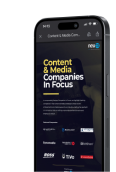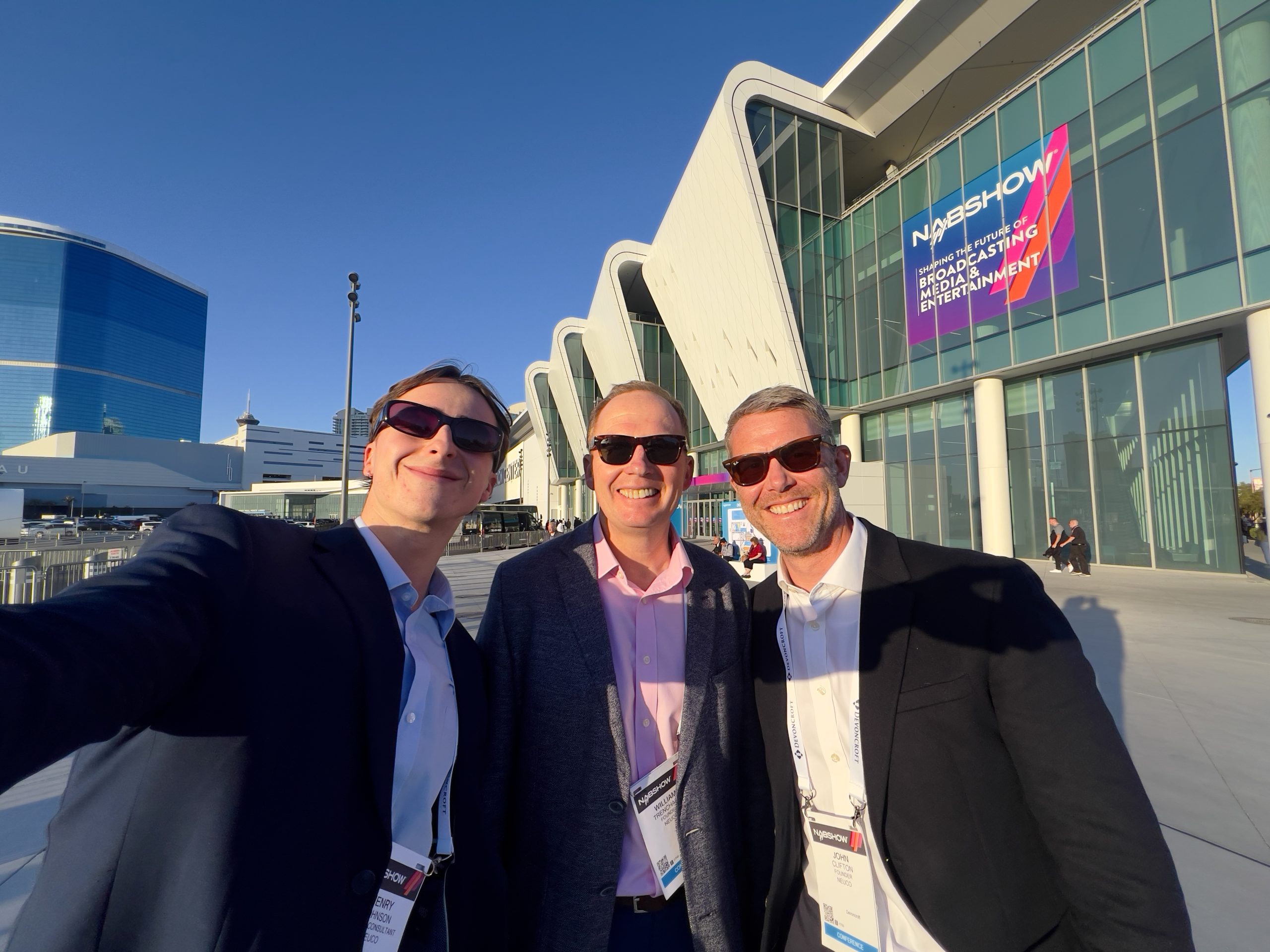On Episode 2 of The Content & Media Matters Podcast we sat down with Jill Porubovic, the Global Operations Leader for Take-Two Interactive Software. While some of her peers are winding down, Jill is still ramping up. Alongside her current role at Take-Two, Jill is also a board member for Tential Solutions and Rise, a group promoting gender diversity in media technology. Plus she has her own consulting business which enables people to work through times of change.
With such an impressive professional history we were keen to hear her insights on how to enter the industry and thrive within it. Read on for the highlights of our conversation with her!
How have you seen attitudes towards diversity and inclusion change throughout your career?
I mean, I’m old! I’ve had 30 years in the industry, and I’ve seen some things. I would say I’m grateful for how things were in the past, because it taught me a lot about the need to be very loud and outspoken. I’m really more of an introvert than an extrovert. But you can’t be quiet, especially as a leader, so I’ve learned a lot about my own ability to be loud. From the companies’ side though, being more engaged and thinking about how to expand their workforce has changed. At Discovery we have a couple of programmes that really helped us leverage that. We partner with two-year schools locally to get students in who weren’t going to a four-year university, which allows us to get a more diverse workforce. We also partnered with a company called Broad Futures who support the neurodiverse workforce, and together we build internship programmes specifically for them. What was so amazing about that experience was my team’s desire to really dig in and understand where they were coming from and build a programme that was supportive of them. I sort of just handed it to them and said, ‘If you need me, I’m here, but I need you to build this programme so that they could learn’. It’s wonderful. Helping people access our industry is so important.
Why do you think mentorship is so important when it comes to encouraging a diverse workforce?
Because I didn’t have that growing up, at home as a young person or through my career. I always say you have the chalkboard of life, so as you’re going through your career and you’re learning, I really think it’s up to you to figure out what those key lessons are. The US has a lot of rules and regulations about compliance from a physical disability standpoint, but I always feel that we need to go above and beyond those things to really support people with diverse needs.
We had an internet discovery person who was wheelchair bound and she was amazing. She actually graduated college and is a lawyer now, but when she started with us she was fully dependent on everybody else for support and assistance. We met with her and went through the entire building to talk about the things that weren’t easy for her, which was eye opening. Talking to those individuals who fall into those categories of need is so important. Getting our employee’s perspectives is amazing, because we were able to make some changes from that, and enable incredible people to perform to their full potential.

What areas do you think we still need to change and improve when it comes to diversity and inclusion?
I think we just can’t stop. It’s always changing. It’s like an onion, right, you keep peeling back the layers, so you find more and more and more and more of the people that need to be supported. I supported the disabilities employee resource group, which I think are super smart. I also feel like they need to be supported by external resources that really know that area, so that you’re not limited by your internal knowledge base, you’re also getting that rich external knowledge that helps you grow.
How does impostor syndrome affect people today, and what can we do about it?
I don’t know many people that don’t have that. For the bulk of my career, probably until I was in my mid 40s, I had that. There’s a lot of personal things that you have to go through and do. If people externally are saying or doing things and you aren’t, it’s easy to be beaten down and put up that barrier and not allow all that external pressure to get to you. A lot of impostor syndrome is what you allow to get in your head. It really is ‘fake it till you make it’. Especially as a woman, a lot of it is your tone and your like your prep work – don’t go into any meeting without that prep and understanding. Act like you own the place. This is your money. This is your reputation. You have a seat at the table, you have something to say, even if you’re pretending. Eventually you’ll get to the other side and realise ‘Okay, I actually do know some things. I have a point of view that’s worthwhile’. Everybody has to go through their own personal journey.
What would you say to somebody who wanted to enter the industry, but felt that they didn’t fit in?
Fight for it. You really have to be tenacious and ambitious and not give up and not let any rejections stop you. Try to be positive about it. I know it can get really negative and feel like the world is against you, though. Whatever is against you, set that aside for a minute and instead turn it into ‘What do I need to do? What do I want to do in order to get this done?’ Go after it that way. Anything that you can’t change or is already in the past, put it on the shelf. You can’t reread that chapter, so move on to the next thing. Forgive yourself for whatever happened and don’t stop. Don’t let your mind just continue to think about it. You really do have to just keep moving.
To hear more from Jill’s incredible interview, listen to the full episode of The Content & Media Matters Podcast here.
We sit down regularly with some of the biggest names in our industry, we dedicate our podcast to the stories of leaders in the technologies industries that bring us closer together. Follow the link here to see some of our latest episodes and don’t forget to subscribe.


